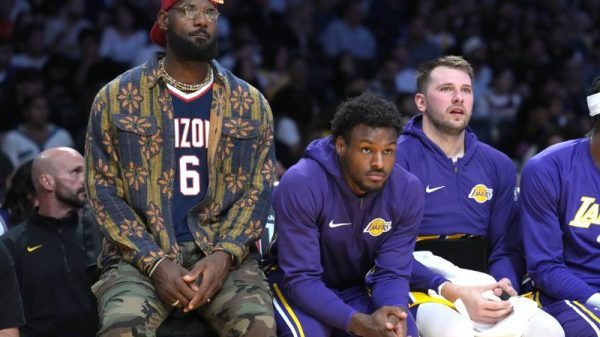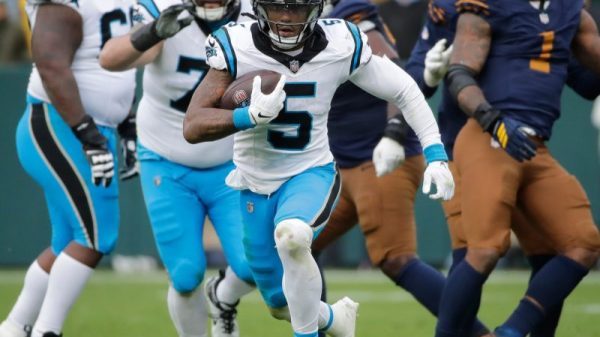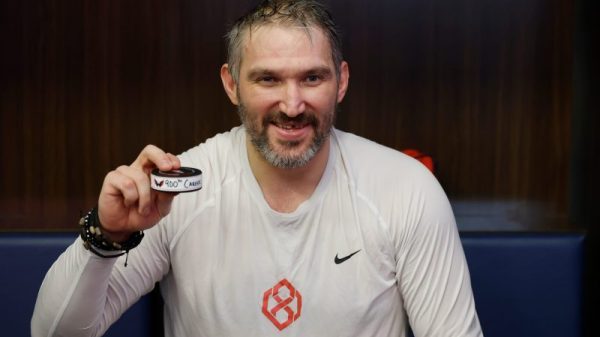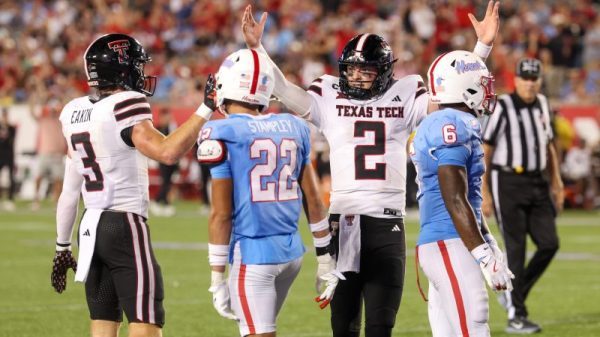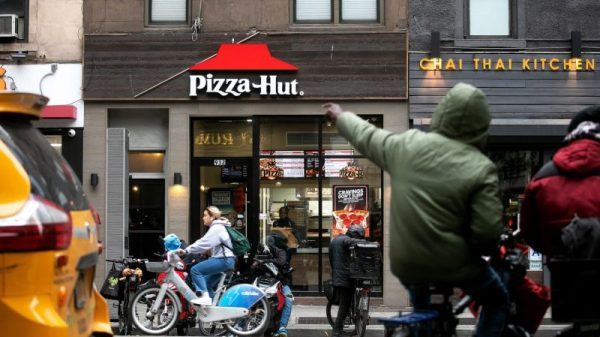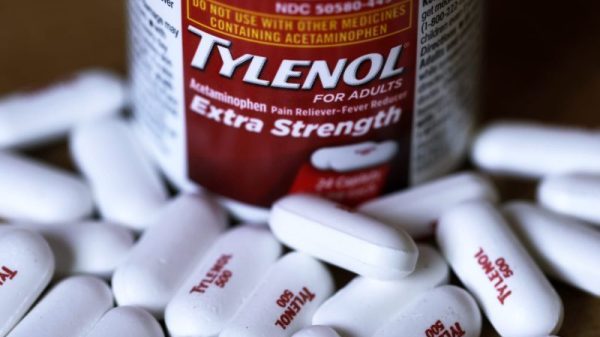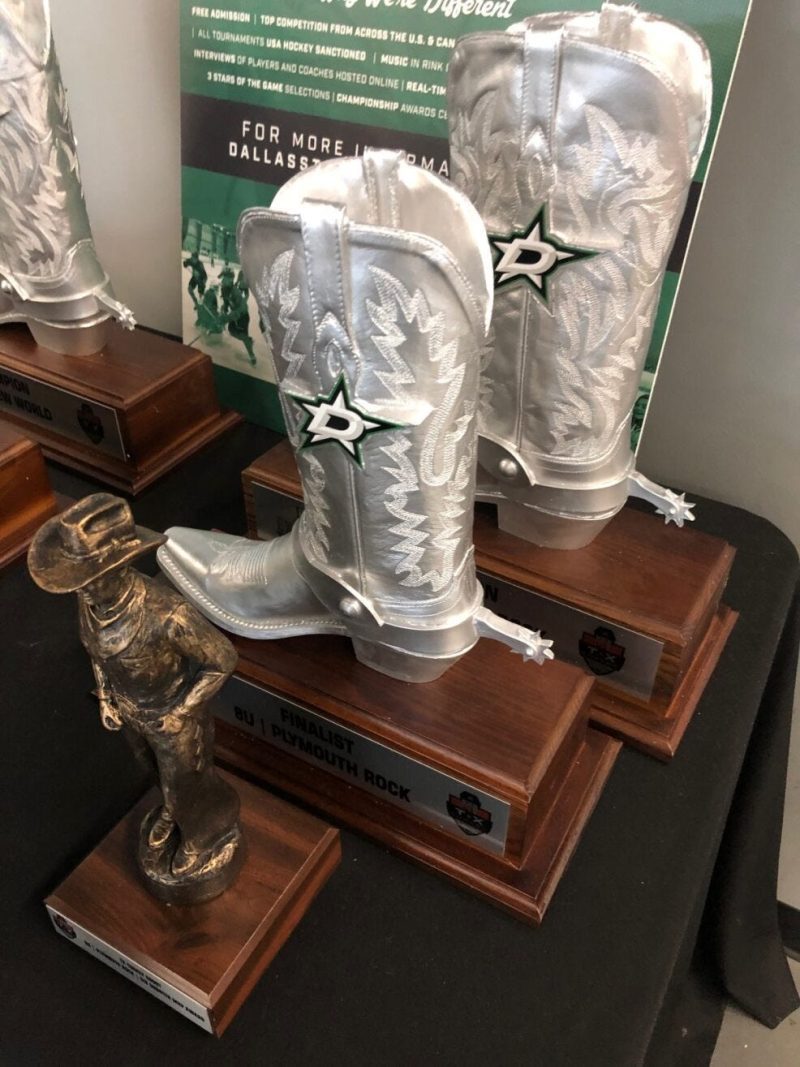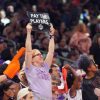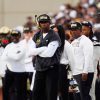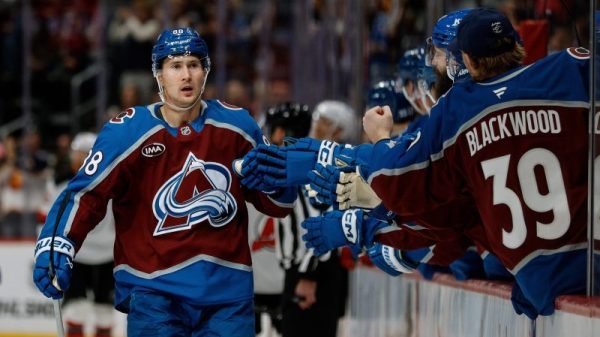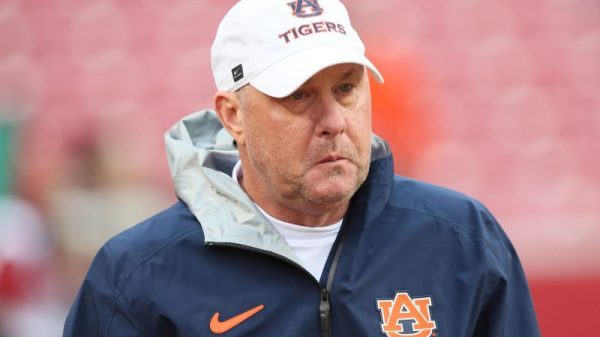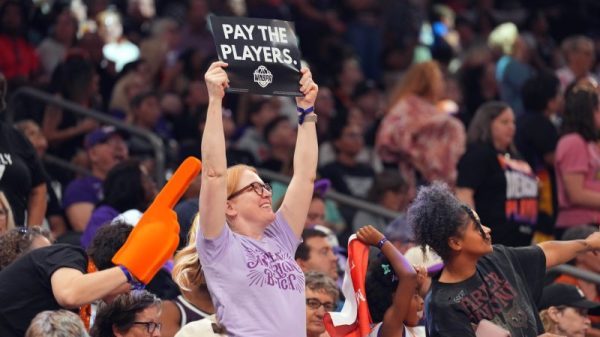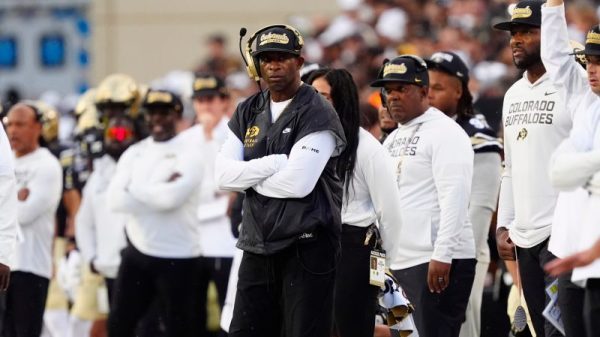The Texas Attorney General’s antitrust division is investigating anticompetitive business practices in youth hockey, USA TODAY has learned.
The Dallas Stars, the $2 billion National Hockey League team that seized control of youth hockey in the state, are a focus of the investigation.
The state probe, which is in its early, information-gathering stages, comes on the heels of a USA TODAY investigation in August that revealed how the professional sports franchise monopolized every level of amateur hockey in Texas from preschoolers to adults.
‘The Dallas Stars have not been contacted by the Texas Attorney General’s office,’ Joe Calvillo, the NHL team’s director of communications, said in an emailed statement to USA TODAY. ‘The Dallas Stars are committed to providing the best possible experience for all players, teams and families who participate in our leagues and tournaments through long-standing partnerships with cities across the DFW Metroplex.’
Reached by phone, assistant attorney general Paige Etherington, who is working on the case, told USA TODAY that the office does not comment on confidential investigations.
It’s the second investigation a state agency has launched into a youth hockey organization in response to USA TODAY’s reporting. The Colorado Secretary of State’s office in October opened an investigation into the Colorado Amateur Hockey Association’s mismanagement of a charity 50/50 raffle held at professional sporting events that was supposed to benefit youth hockey families.
As part of the Texas probe, Etherington and investigator Stephen Craig of the Texas Office of the Attorney General’s antitrust division spoke to Lisa Bry, a Dallas-area hockey mom who went public about her experience with the Stars for USA TODAY’s series.
Etherington and Craig asked Bry about the Stars’ dominance in the youth hockey market, pricing power and the experiences of rinks that try to compete with the NHL team. They discussed Stars-run youth leagues, tournaments, private lessons and stay-to-play hotel requirements – a practice detailed by USA TODAY in March.
The state’s investigation, Bry said, gives hope to hockey parents across the country who feel stuck in a system in which corporate interests exploit families and kids’ passions for profit.
“I hope the Stars are shaking in their boots right now,” Bry said of the state investigation to USA TODAY. “I think this could be huge.”
USA TODAY’s investigation detailed how the Stars used tens of millions of taxpayer dollars to build an ice rink empire, crush competition and regularly raise prices while diminishing the quality of their services. Knowing most families have nowhere else to go, the Stars impose their will by reminding parents that they can block the pathway for any kid trying to advance to the sport’s highest stages.
The reporting documented multiple examples of the Stars retaliating against people they perceive as threats, from coaches who defect to other rinks to parents who criticize them on Facebook. The Stars also stacked the Texas Amateur Hockey Association – the nonprofit USA Hockey governing body that regulates the sport in the region – with their own executives, all but ensuring no one would stand in their way.
A USA TODAY investigation in March revealed how three now-former Stars executives profited off their positions with the NHL team and Texas Amateur Hockey Association by forcing participants at Stars-run tournaments to book minimum three-night hotel stays they did not always want or need. At the same time, those executives ran a business that took a cut of the revenue from each hotel booking.
Stay-to-play requirements, which are common across youth sports, are perhaps the clearest example of the Stars’ anticompetitive business practices, Luke Hasskamp, an antitrust attorney with Bona Law, told USA TODAY in July.
Threatening and retaliating against parents and coaches who use non-Stars-run rinks and locking cities into 20- to 30-year leases to manage taxpayer-funded rinks, Hasskamp said, could also run afoul of antitrust laws, which require firms to compete for business solely on the merits of their products and services.
Stay-to-play requirements were one focus of a 2020 antitrust lawsuit against Varsity Brands, a company that required participants at its youth cheerleading competitions to stay at specific hotels from which it received kickbacks. Varsity agreed to limit its stay-to-play policies as part of its $82.5 million settlement of that lawsuit.
Stars spokesperson Dan Stuchal said in July that the NHL team would “loosen” its stay-to-play requirements in response to USA TODAY’s reporting. Two current and former Stars employees who served on the Texas Amateur Hockey Association board also resigned from their seats and one did not seek reelection.
Etherington and Craig asked Bry for names and contact information of others in the Texas hockey community to potentially interview for the state investigation. They also told Bry they planned to issue her a civil investigative demand – a discovery tool that government agencies use to compel information before filing a lawsuit – for her Stars-related documents and correspondence.
Bry said she is more than willing to comply.
“My hope is to deter other markets from following this model that the Stars have created and that the Stars look internally and maybe do some better business decisions,” Bry said. “It shouldn’t be the way it is. Kids aren’t dollar signs.”
Kenny Jacoby is an investigative reporter for USA TODAY who covers issues in sports, higher education and law enforcement. Contact him by email at kjacoby@usatoday.com. Follow him on X @kennyjacoby or Bluesky @kennyjacoby.bsky.social.


